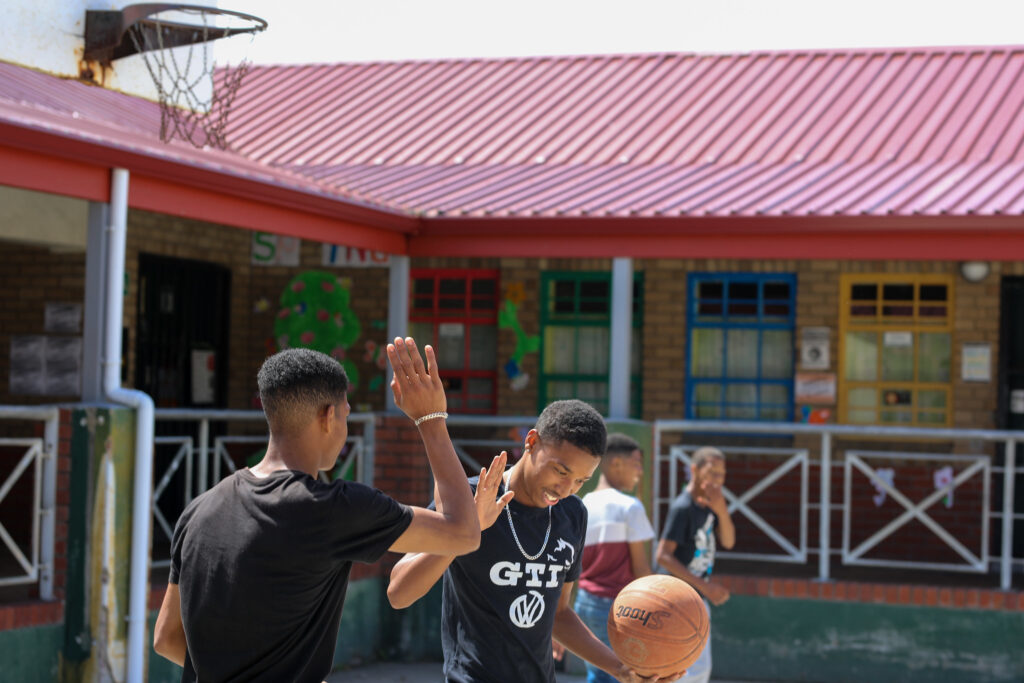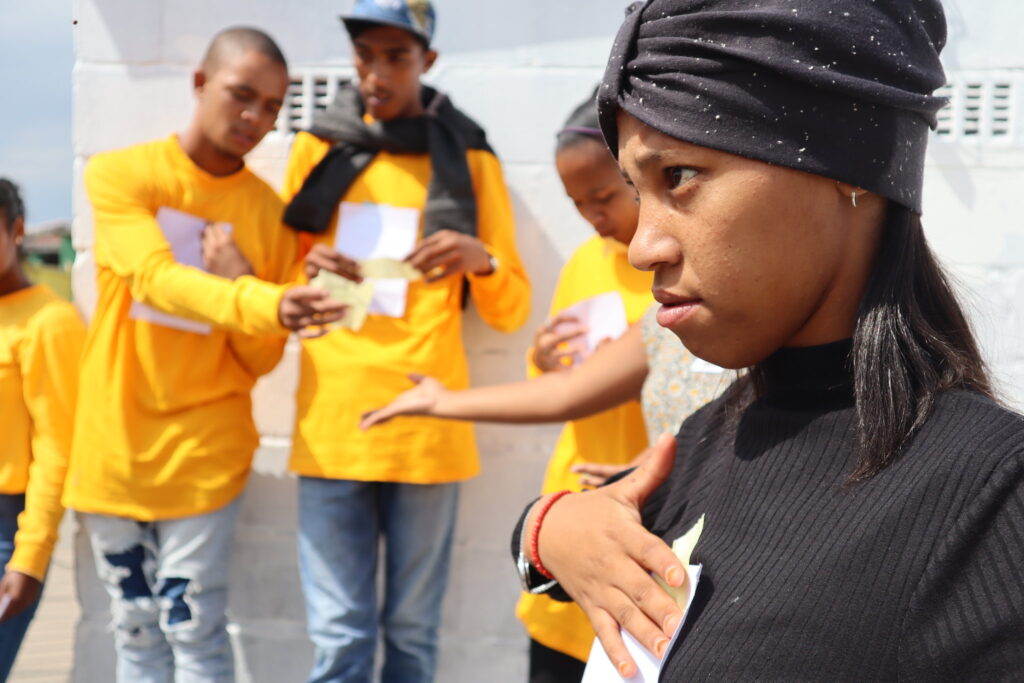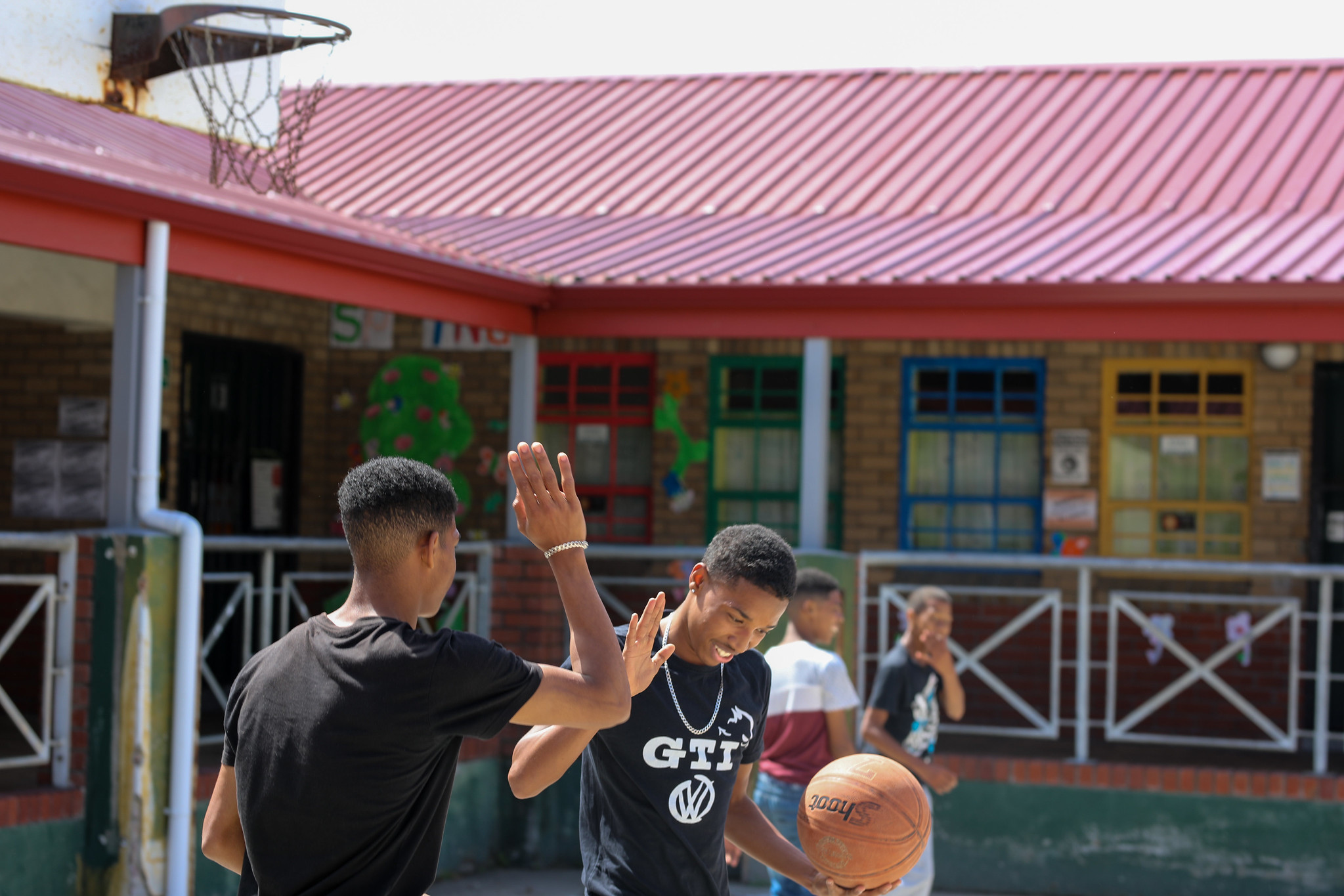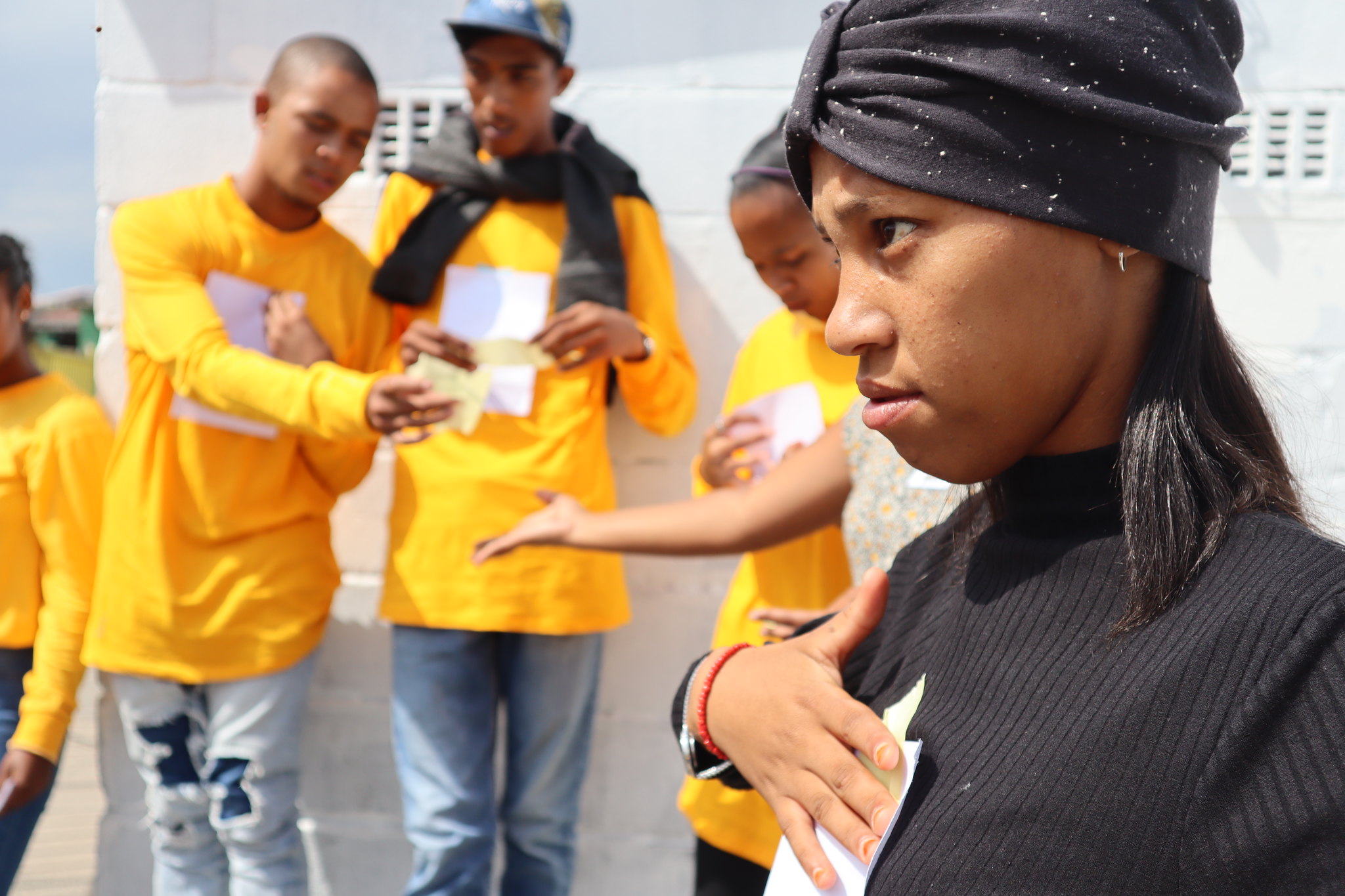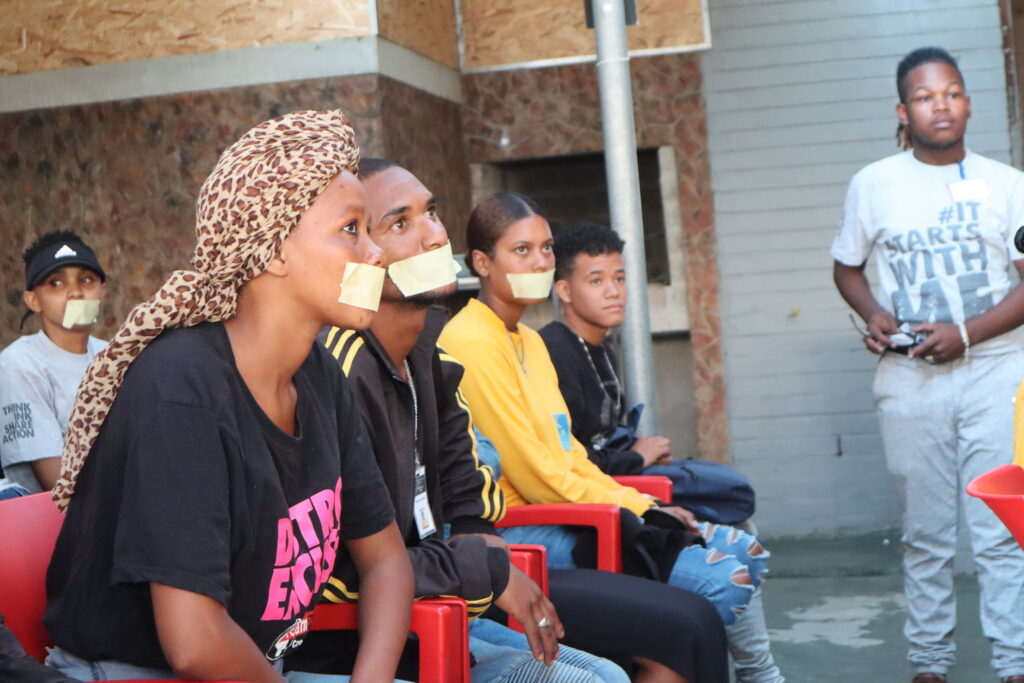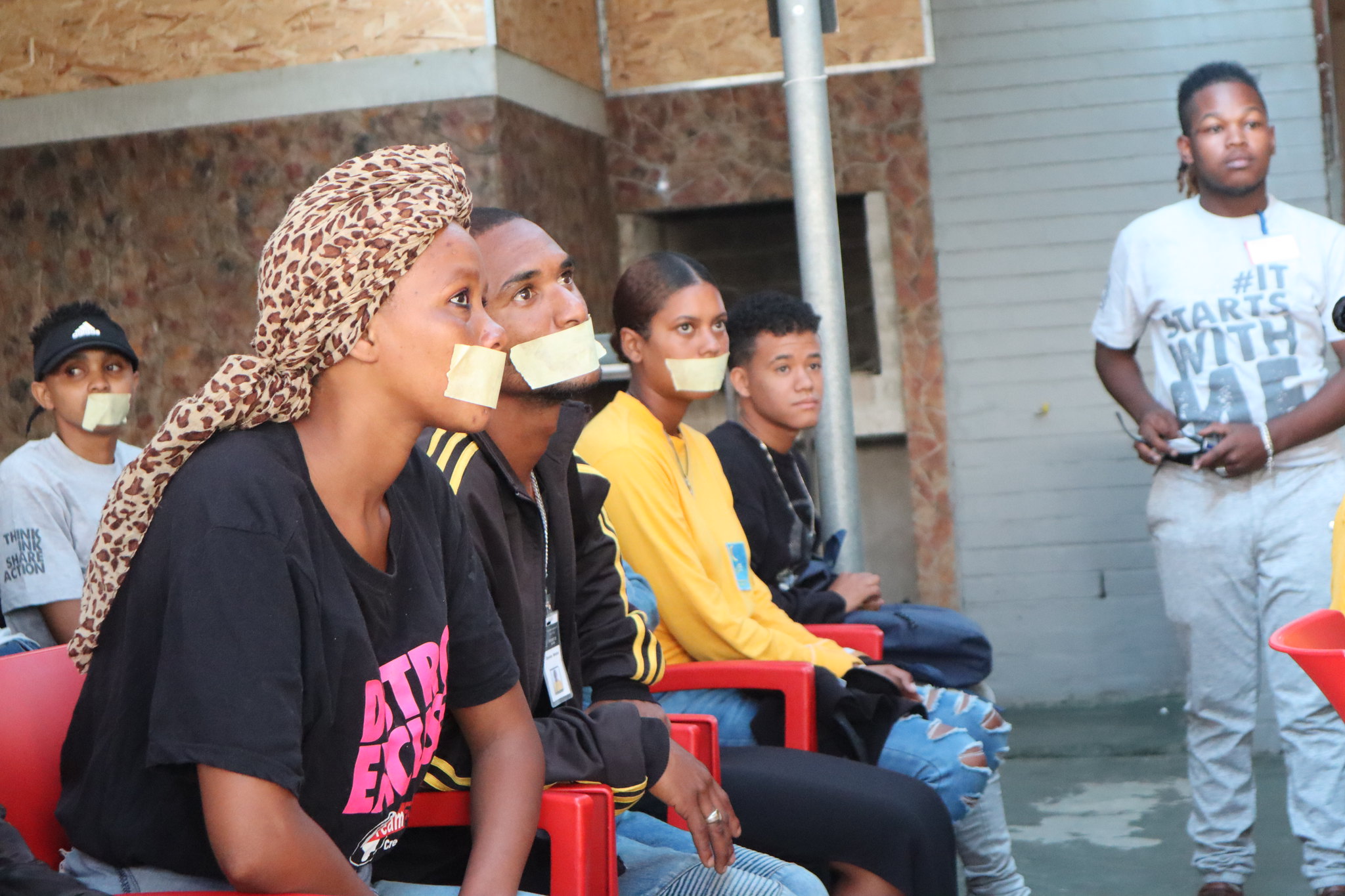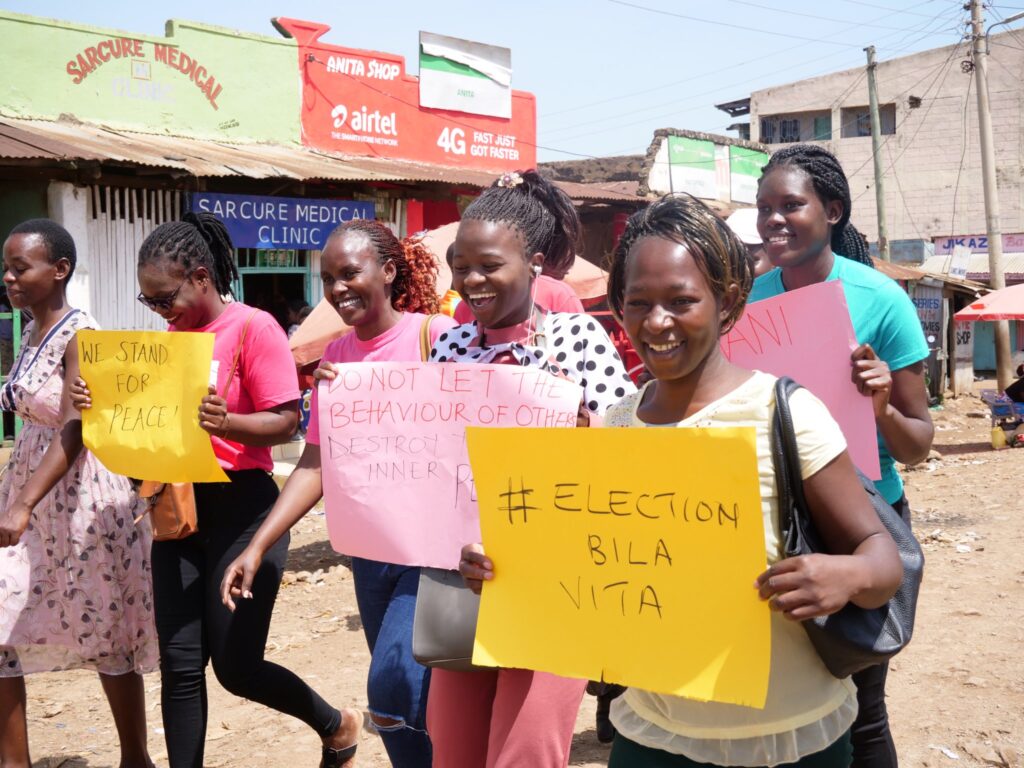
Gender Justice
Injustice and global inequality are frequently gendered, signifying that girls and women are often treated differently than boys and men. The gender with which you identify often significantly influences the rights you possess and the opportunities you are afforded. We strive for equality for all by addressing the underlying issues and causes of these disparities.
Young people are a vulnerable group, at great risk of being exploited by political forces to create disturbance and conflict. Many young people don’t participate in societal decision making, because they don’t know their rights. Therefore, there is a great need to strengthen youth involvement in democratic processes. We are giving youth a stronger voice, and fight for young people to be heard.
Sexual and Reproductive Health and Rights (SRHR)
It is crucial that young people have access to quality healthcare services and information regarding their Sexual and Reproductive Health and Rights (SRHR). If more young individuals gain access to these services, it would mean fewer girls becoming mothers at a young age, a reduction in life-threatening abortions, and a decreased likelihood of maternal mortality. Fewer individuals would risk an abrupt end to their education, thereby enhancing their chances of achieving stable income later in life. When both girls and boys receive comprehensive information about SRHR, it contributes to the fight for gender equality.
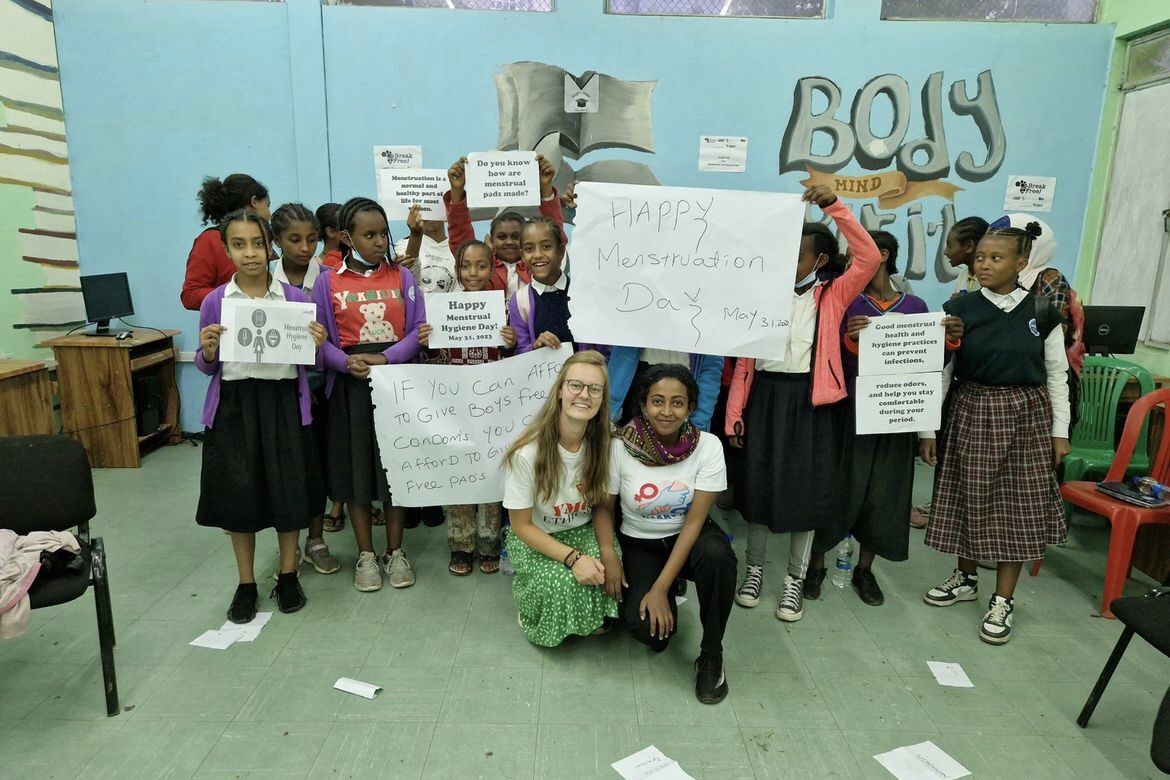
Sexual and gender-based violence occurs when a person experiences violence based on their gender, manifesting as sexual, physical, psychological, mental, material, or emotional abuse. Over 1 in 3 women worldwide have been subjected to violence or rape. This cannot continue, and we strive for a shift in societal attitudes. Attitudes and systems must change to make women worldwide feel safer.
Among other initiatives, we work to combat female genital mutilation. Although it is prohibited in almost all countries, 3 million girls are still subjected to genital mutilation each year. At least 200 million girls and women alive today have undergone this harmful practice.
An encouraging trend, observed in countries where surveys have been conducted, is that women aged 15-20 are less likely to have undergone female genital mutilation than women in older age groups. This indicates a shift in attitudes among younger generations and suggests that legal prohibition is effective. Furthermore, more women and men are aware of the health consequences of the procedure and distance themselves from the practice. Thus, preventive efforts have had a positive impact!
Influence over Your Own Life.
Schooling and leader raining are important activities for young people to develop knowledge about their rights and to be active in the society, both locally and globally. When the government can’t provide the necessary social services, the youth, through our work, are involved in making sure that human rights are fulfilled by demanding education and health services.
We work with providing school and health services where public services fail. YMCA/YWCA has long traditions when it comes to offering youth an education, and at the same time we always work towards the public sector so that it will be responsible to provide education and health services. In this way, we can create a lasting system that provides public services for everyone in the society.
Transformative masculinity
A crucial aspect of the work for gender justice is to involve boys and men in the conversation. Men are overrepresented in suicide statistics and, in many countries, face significant expectations regarding their roles and achievements based on gender. Often, these expectations revolve around economic responsibilities, such as being the breadwinner or taking on leadership roles. This applies both at the political and personal levels, in everyday life and in family dynamics. If everyone does not participate in this struggle, progress may be hindered by those who are not actively involved.
Transformative masculinity is a program developed by the Africa Alliance of YMCAs. It aims to assist young men in understanding what masculinity is and what it means to be a genuine man, seeking to redefine the concept of masculinity to encompass a broader understanding. This initiative will help challenge stereotypes that limit men’s ability, for example, to express emotions or participate in caregiving and household chores.
